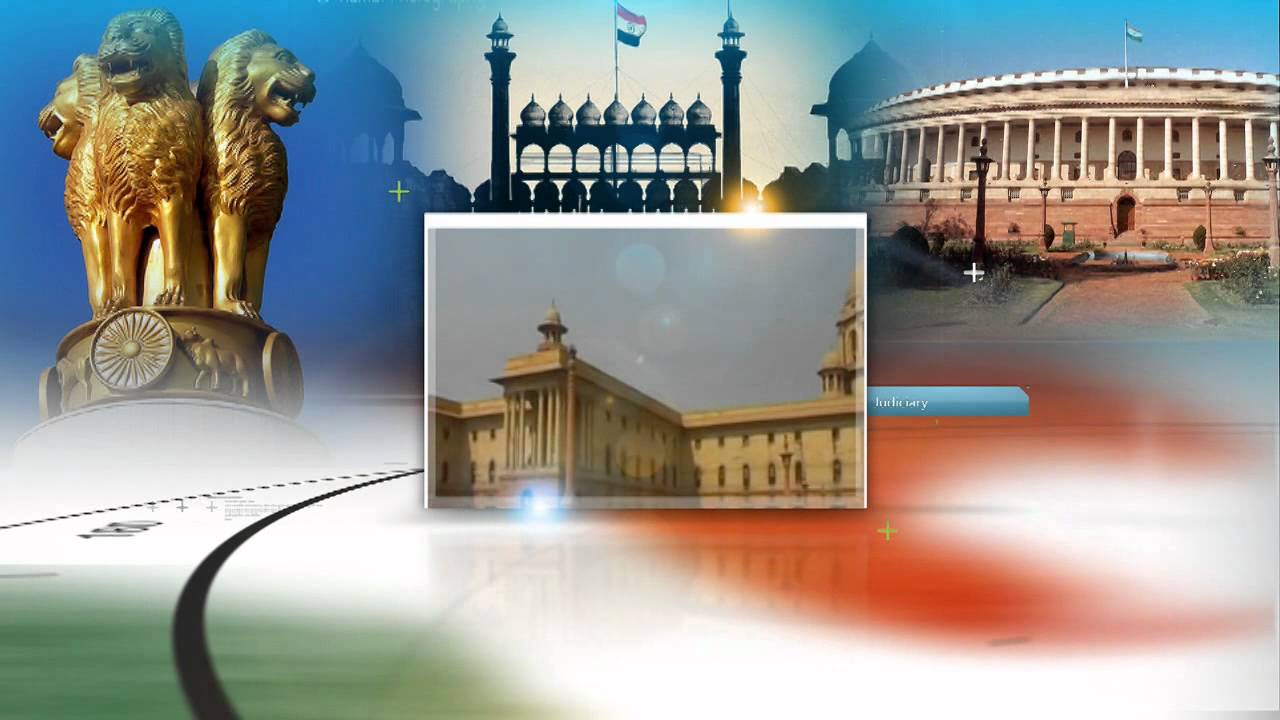Font size:
Print
Scheme to Ensuring Water Security
Context:
- The Union government is set to launch a ₹4,500-crore scheme aimed at ensuring water security for farmers.
- This move comes in response to growing water stress caused by irregular rainfall, which has been affecting agricultural productivity.
More on News
- The scheme, expected to be announced at the 8th Water Week in New Delhi (17–21 September), will initially run for two years, pending approval from the Union cabinet.
- Its goal is to strengthen India’s agricultural economy and save 100 billion cubic metres (BCM) of water annually, ensuring year-round water supply to households across the country.
About the Scheme
- The new scheme will be part of the Pradhan Mantri Krishi Sinchayee Yojana (PMKSY), launched in 2015 to boost farm productivity with a focus on irrigation.
- The new initiative is expected to have an estimated outlay of ₹4,500 crore for two years.
- PMKSY consists of two major components—the Accelerated Irrigation Benefit Programme and the Har Khet Ko Pani (HKKP) scheme, which aims to provide water for every farm.
- HKKP, in turn, has four subcomponents: command area development and water management, surface minor irrigation, repair, renovation, and restoration (RRR) of water bodies, and groundwater development.
- The upcoming scheme will mainly modernise the command area development component.
- The new scheme will provide hardware infrastructure that will be handed over to these farmer societies for management.
- The cost of this infrastructure will be shared between the Union and state governments, with a 60:40 funding split.
In “Monsoon Economy,” Tirthankar Roy examines how South Asia’s monsoon climate affects economic and population growth through its impact on water security. He explores how efforts to manage water, like building dams and using groundwater, have helped India grow economically and reduce death rates, but have also led to environmental stress and political conflict. Roy highlights the importance of water management as a public good and discusses the lessons India’s experience offers for dealing with environmental challenges globally.



